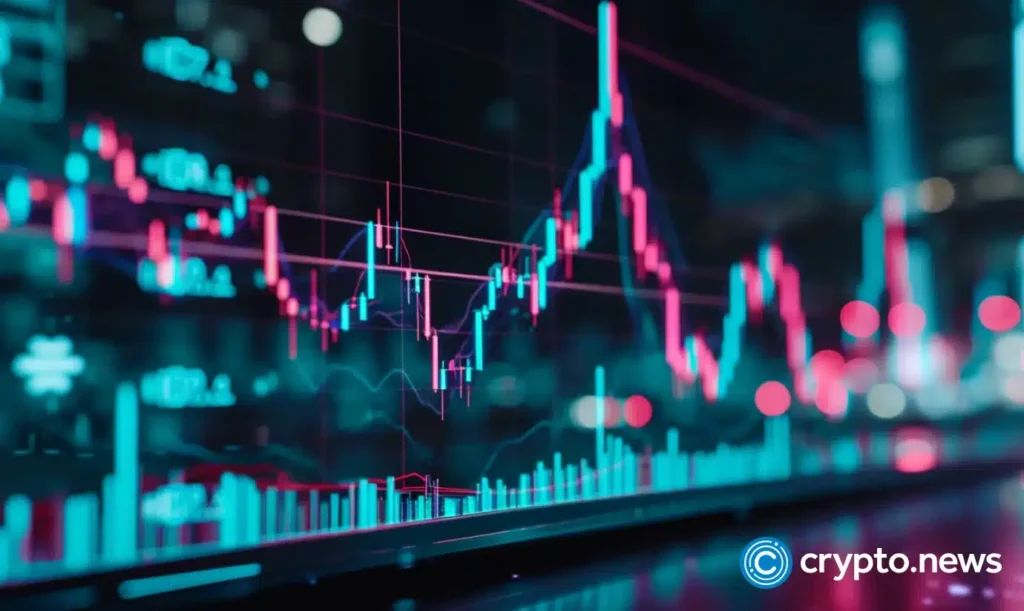Goldman Sachs Chairman David Solomon recently shared his views on Bitcoin in an interview with CNBC, where he stated that he does not see the leading cryptocurrency as a threat to the U.S. dollar. Solomon described Bitcoin as an “interesting speculative asset” and emphasized his strong belief in the importance of the U.S. dollar, stating, “At the end of the day, I’m a big believer in the U.S. dollar.”
In terms of regulatory constraints, Solomon mentioned that Goldman Sachs is currently unable to hold, trade, or directly engage with Bitcoin. However, he expressed openness to reconsidering the bank’s stance if the regulatory landscape were to change. This aligns with his previous comments in December, where he indicated that Goldman Sachs would explore a broader presence in cryptocurrencies like Bitcoin and Ethereum if approved by U.S. regulators.
With the transition from Joe Biden to Donald Trump as President, there is anticipation within the trading community for potential shifts in attitudes towards the crypto market in the United States. Trump’s pledge to establish a national Bitcoin reserve during his presidential campaign further fueled optimism among traders, leading to a surge in Bitcoin’s price to a new all-time high.
Despite his reservations about Bitcoin’s future, Solomon acknowledged the significance of blockchain technology, the underlying innovation behind Bitcoin. He highlighted the potential for blockchain technology to streamline financial processes and reduce friction within the financial system. Goldman Sachs has been actively exploring and leveraging blockchain technology, showcasing a commitment to innovation within the industry.
In November 2024, Goldman Sachs disclosed holdings of approximately $718 million in shares of eight Bitcoin ETFs, with a significant portion held in BlackRock’s iShares Bitcoin Trust. This investment reflects the bank’s interest in the cryptocurrency market and its recognition of the potential growth opportunities within the sector.
As the cryptocurrency landscape continues to evolve, institutions like Goldman Sachs are navigating the complexities of incorporating digital assets into traditional financial systems. Solomon’s comments underscore the ongoing dialogue around cryptocurrencies and the potential impact on global financial markets.

